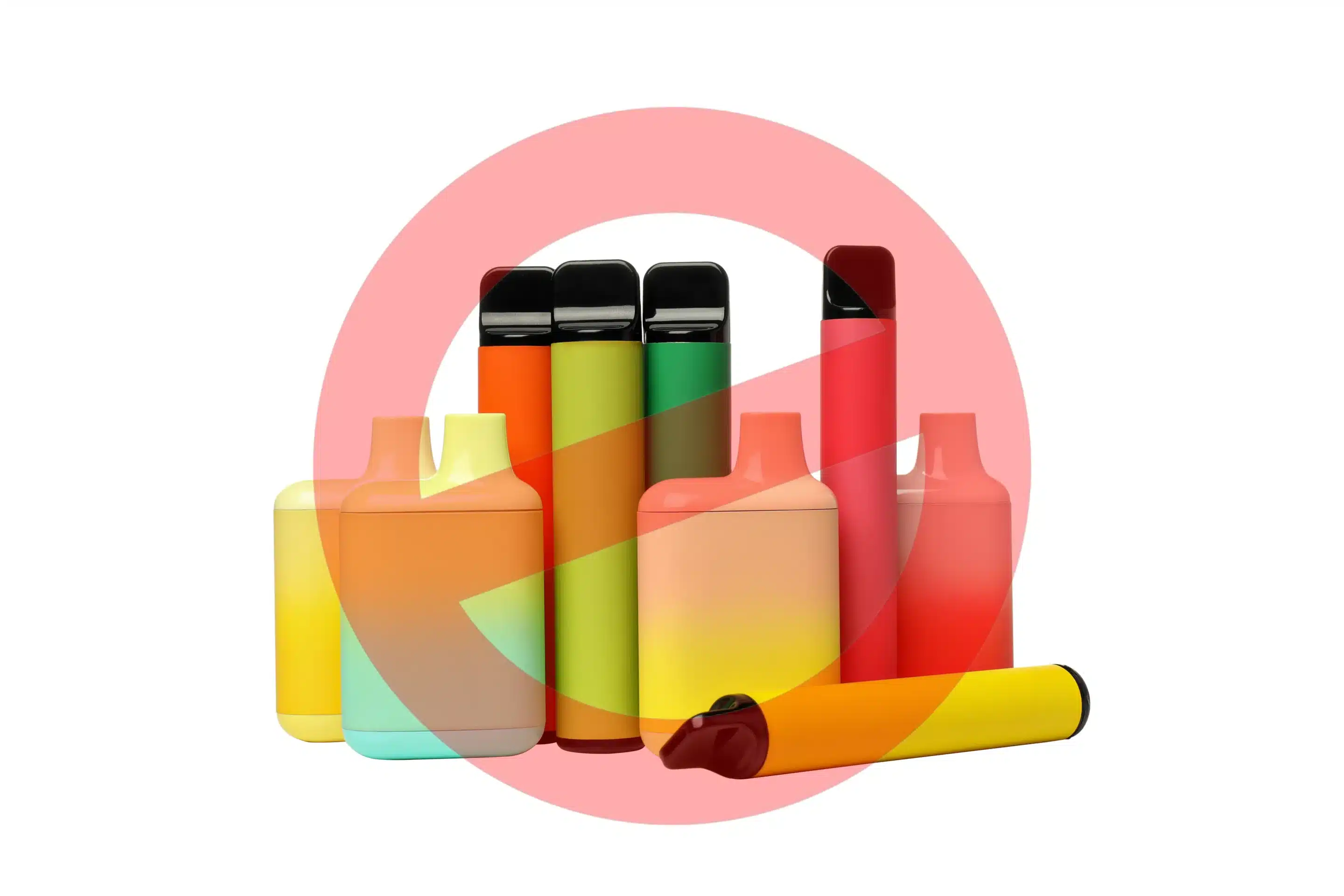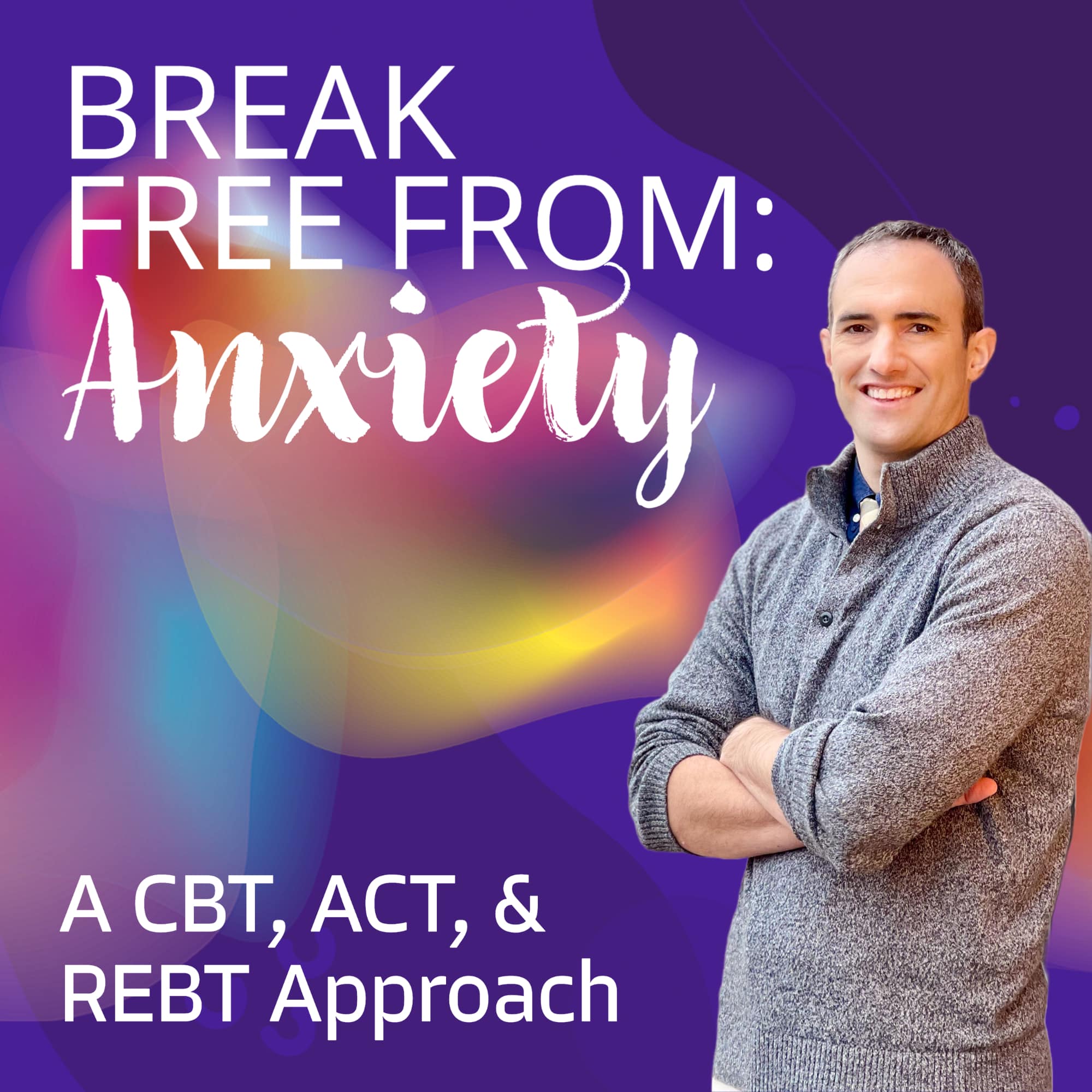How to stop vaping is a question more and more people are asking as they recognize the harmful physical and psychological effects of nicotine dependence. This blog breaks down the emotional and neurological grip of vaping, explores why it’s hard to quit, and shares effective strategies through therapy and psychiatric support for overcoming this modern addiction.
KEY TAKEAWAYS
- Vaping is a highly addictive habit, especially due to the fast-acting effects of nicotine on the brain’s reward system.
- Many people use vaping to cope with stress, anxiety, or emotional discomfort, making quitting a mental and emotional challenge.
- Therapy and online psychiatric treatment provide powerful tools to help people understand their triggers and build long-term coping strategies.
- Medication and behavioral therapy, when combined, increase the success rate of quitting.
- You don’t have to quit alone—professional support can make all the difference.

Vaping may have started as a “safer” alternative to smoking, but for many, it quickly turned into a powerful addiction. Whether you’re using vape pens, flavored pods, or disposable e-cigarettes, the truth is this: quitting isn’t just a physical challenge—it’s a psychological one. If you’ve ever thought, “How do I stop vaping?”, you’re not alone.
At TelepsychHealth, we understand the mental and emotional side of addiction. We offer online psychiatric treatment and therapy to help individuals break free from vaping and take control of their health. The good news is that recovery is absolutely possible—with the right plan, the right tools, and the right support.
Why Vaping Feels So Hard to Quit

Vaping delivers nicotine—a highly addictive substance—straight to your bloodstream through the lungs, often in higher concentrations than traditional cigarettes. The sensation is quick, reinforcing, and tied to the brain’s dopamine reward system, which is what makes vaping feel almost impossible to stop once you’ve started.
Beyond the chemical addiction, many people turn to vaping as a form of emotional relief. It can serve as a coping mechanism for anxiety, stress, boredom, or social pressure. That’s why stopping isn’t just about saying no to the vape—it’s about understanding why you reach for it in the first place.
Triggers play a huge role. Maybe it’s the morning commute, social settings, or even feelings of restlessness at night. Identifying your personal triggers and addressing the underlying emotional reasons behind the habit is key. Therapy can help you uncover these deeper patterns so you can replace them with healthier habits.
The Mental Health Side of Vaping Addiction

Many people who struggle to quit vaping also struggle with their mental health. Whether it’s anxiety, depression, or low self-esteem, vaping often becomes a way to self-soothe. But what feels like relief is only temporary—and over time, nicotine use can actually increase anxiety and worsen emotional regulation.
Vaping addiction is often tied to emotional dependence. You may find yourself reaching for your vape when you’re nervous before a meeting, feeling socially awkward, or even just trying to get through the day. That’s why quitting can bring on intense irritability, restlessness, and mood swings—it’s not just physical withdrawal, it’s emotional detox too.
This is where therapy and psychiatric care can play a powerful role. Through treatment, you can learn how to manage emotions without leaning on nicotine. You’ll begin to build confidence, regulate stress, and understand the psychological patterns that fuel your addiction. You don’t have to “white-knuckle” your way through quitting. With help, you can feel supported every step of the way.
Effective Strategies to Quit or Stop Vaping for Good

Quitting vaping isn’t just a decision—it’s a process. Most people need a combination of tools to be successful. This may include nicotine replacement therapy (NRT), counseling, medication, and support from trained professionals.
One of the most effective therapeutic approaches is Cognitive Behavioral Therapy (CBT). CBT helps you understand the thought patterns that lead to vaping and how to reframe them. Instead of thinking “I need to vape to calm down,” CBT might help you recognize that what you need is to breathe, pause, or ask yourself what’s really going on inside.
In some cases, medications like bupropion or varenicline can help reduce cravings and withdrawal symptoms. These are especially useful when paired with ongoing therapy and monitoring. At TelepsychHealth, our psychiatric providers can assess your needs and create a personalized quit plan that fits your lifestyle.
Quitting doesn’t happen overnight. But each day you go without vaping is a win. Every craving you resist, every emotion you process, is proof that you’re building a new, healthier version of yourself.
Online Therapy: Accessible Support from Anywhere

One of the biggest barriers to quitting is lack of support. Many people try to stop vaping alone, without a strategy, and feel discouraged when cravings return. But quitting doesn’t have to be a solo journey. Online psychiatric treatment makes it easier than ever to get help from wherever you are.
Through virtual therapy, you can meet with licensed professionals who understand addiction and mental health. No judgment, no commute—just real, human support from people who want to see you succeed. Online therapy gives you the flexibility to fit treatment into your life, rather than the other way around.
You’ll receive a treatment plan tailored to your needs. Whether that includes weekly therapy sessions, medication management, or relapse prevention coaching, our team at TelepsychHealth will work with you every step of the way. Contact us at (888) 730-5220 to start building your path to freedom.
The Benefits of a Vape-Free Life

If vaping has become your crutch, you may not remember what life felt like before it. But on the other side of quitting is something powerful: clarity, control, and self-trust. When you stop vaping, you give your brain and body a chance to reset. Cravings become less intense. Emotions become clearer. And gradually, your sense of self returns.
You may notice improved focus, energy levels, sleep quality, and even mood. Over time, the constant need to vape fades—and with it, the anxiety and shame that often accompany the habit. You also regain freedom: the freedom to enjoy life without needing to reach for something outside yourself to feel okay.
Quitting is not just about stopping a behavior—it’s about reclaiming your life, your peace, and your power. The sooner you start, the sooner you’ll feel the benefits.
Taking the First Step Toward Quitting

The first step toward quitting vaping is acknowledging that it’s affecting your life—and that you’re ready for something better. You don’t need to be perfect. You don’t need to have it all figured out. All you need is the courage to say: “I want to change.”
“Addiction isn’t a lack of willpower—it’s a medical condition that deserves real, compassionate treatment,” says Dr. Bruce Bassi, M.D., a psychiatrist based in Jacksonville, Florida.
At TelepsychHealth, we’re here to walk with you through the process. Our experienced team offers compassionate, science-based care that’s personalized to your needs. Whether you’ve tried to quit before or this is your first time, we’re ready to help you succeed.
Don’t wait until vaping has taken more from you. Contact us today at (888) 730-5220 and take the first step toward healing, strength, and freedom.
Helpful Tips for Managing Vape Cravings
The next time a craving hits, pause and ask: “What am I really needing right now?” Is it rest, relief, or reassurance? Try drinking cold water, moving your body, or texting a friend. Redirect your urge into a mindful action—and over time, it gets easier to choose health over habit.
Summary
Quitting vaping is more than just stopping a habit—it’s about understanding the emotional and psychological grip of nicotine. With the help of therapy, behavioral strategies, and online psychiatric treatment, individuals can uncover the root causes of their addiction, manage cravings, and build healthier coping mechanisms. At TelepsychHealth, we offer compassionate support and personalized care to help you break free from vaping and reclaim control of your life.







